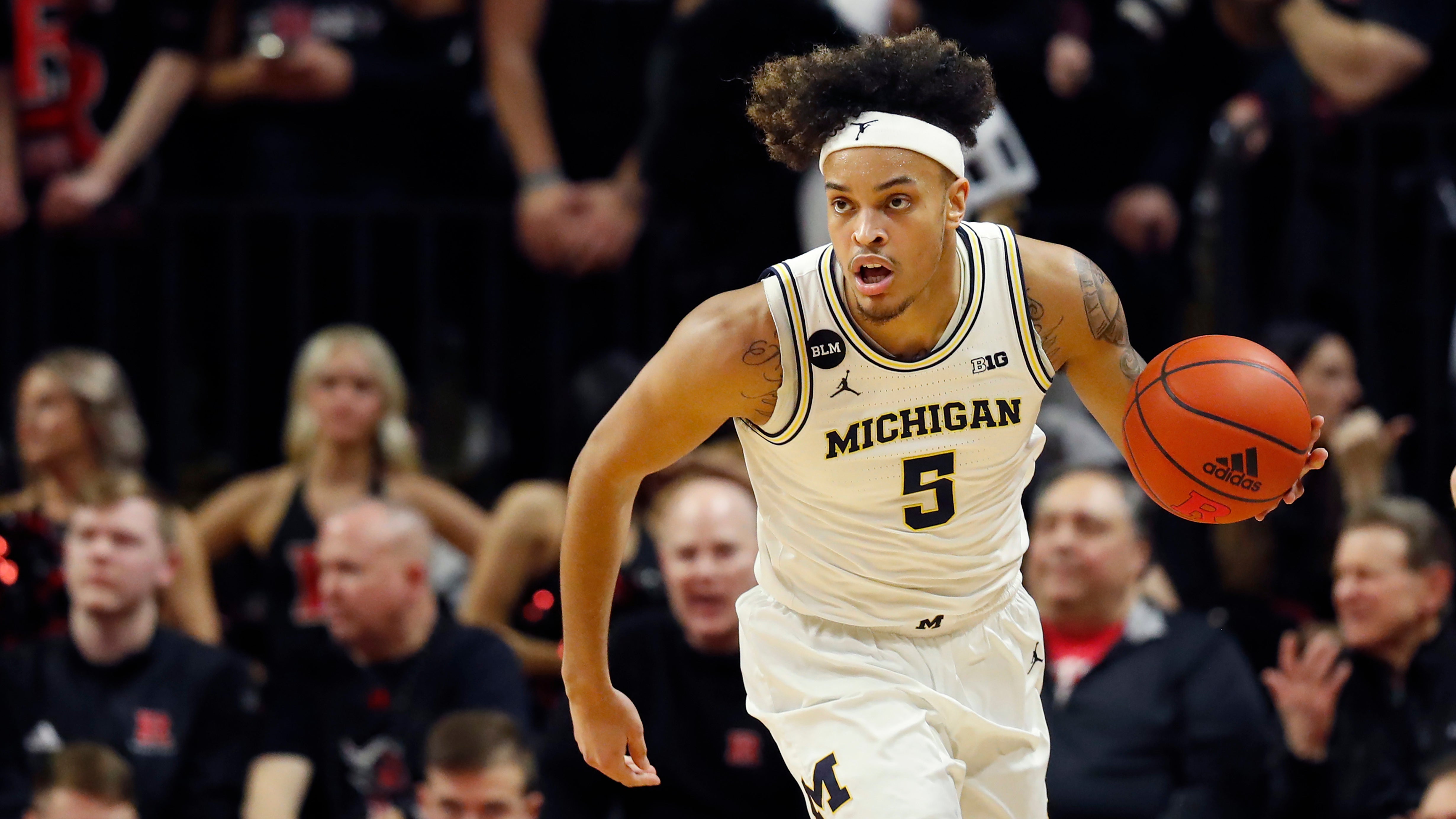LOCALIZE IT: How social media and March Madness collide

Your support helps us to tell the story
From reproductive rights to climate change to Big Tech, The Independent is on the ground when the story is developing. Whether it's investigating the financials of Elon Musk's pro-Trump PAC or producing our latest documentary, 'The A Word', which shines a light on the American women fighting for reproductive rights, we know how important it is to parse out the facts from the messaging.
At such a critical moment in US history, we need reporters on the ground. Your donation allows us to keep sending journalists to speak to both sides of the story.
The Independent is trusted by Americans across the entire political spectrum. And unlike many other quality news outlets, we choose not to lock Americans out of our reporting and analysis with paywalls. We believe quality journalism should be available to everyone, paid for by those who can afford it.
Your support makes all the difference.EDITORS/NEWS DIRECTORS:
Social media's ever-growing impact on college sports hits its peak during March Madness and the Final Four, often bombarding players with unwanted feedback and increased pressure on their time, all of which can negatively impact their mental health.
A recent NCAA survey found spikes among athletes who experienced mental exhaustion, anxiety and depression compared with a similar survey two years earlier — before the pandemic, and also before name-image-likeness deals became an everyday reality of college sports.
One mental-health counselor says the immediacy of the feedback “can be so impactful on their identity and how they see themselves as players on the court." Yet fewer than half the athletes surveyed said the seek counseling.
___
FIND AP’S STORY HERE
A different March Madness: Online hate for the athletes
___
ADD LOCAL CONTEXT
Major universities around the country have augmented their mental-health counseling services both for athletes and the general student population. A glance through a university website can lead to resources to discuss those institutions' offerings.
The NCAA and a corporate partner have launched a program, Game 4 Good, that features college athletes from Louisiana, Texas, Indiana and California talking about mental health and backing certain mental-health initiatives in their areas. Programs those players supporthave connections in other states.
The NCAA has made dozens of resources available for students and employees. It also conducted a recent survey asking athletes about their own mental health issues. See what impact those issues have on young people in your area.
___
TAKE YOUR REPORTING FURTHER
— The mushrooming growth of name-image-likeness (NIL) deals has found its way into high schools, where highly sought-after players are able to cut their own sponsorship deals even before they get to the big time. Ask athletes in local areas, such as Jada Williams, about what it takes to start building their online personas before they become teenagers.
— Find behavioral health resources in your city or state and ask how they counsel teens to handle the explosion in social media.
— Ask coaches of nearby high school or college teams if they have put in place any restrictions regarding players' use of apps in locker rooms, on team buses or during practices.
— Look for negative reactions on social media to key plays in games involving local teams.
___
Localize It is an occasional feature produced by The Associated Press for its customers’ use. Questions can be directed to Katie Oyan at koyan@ap.org.